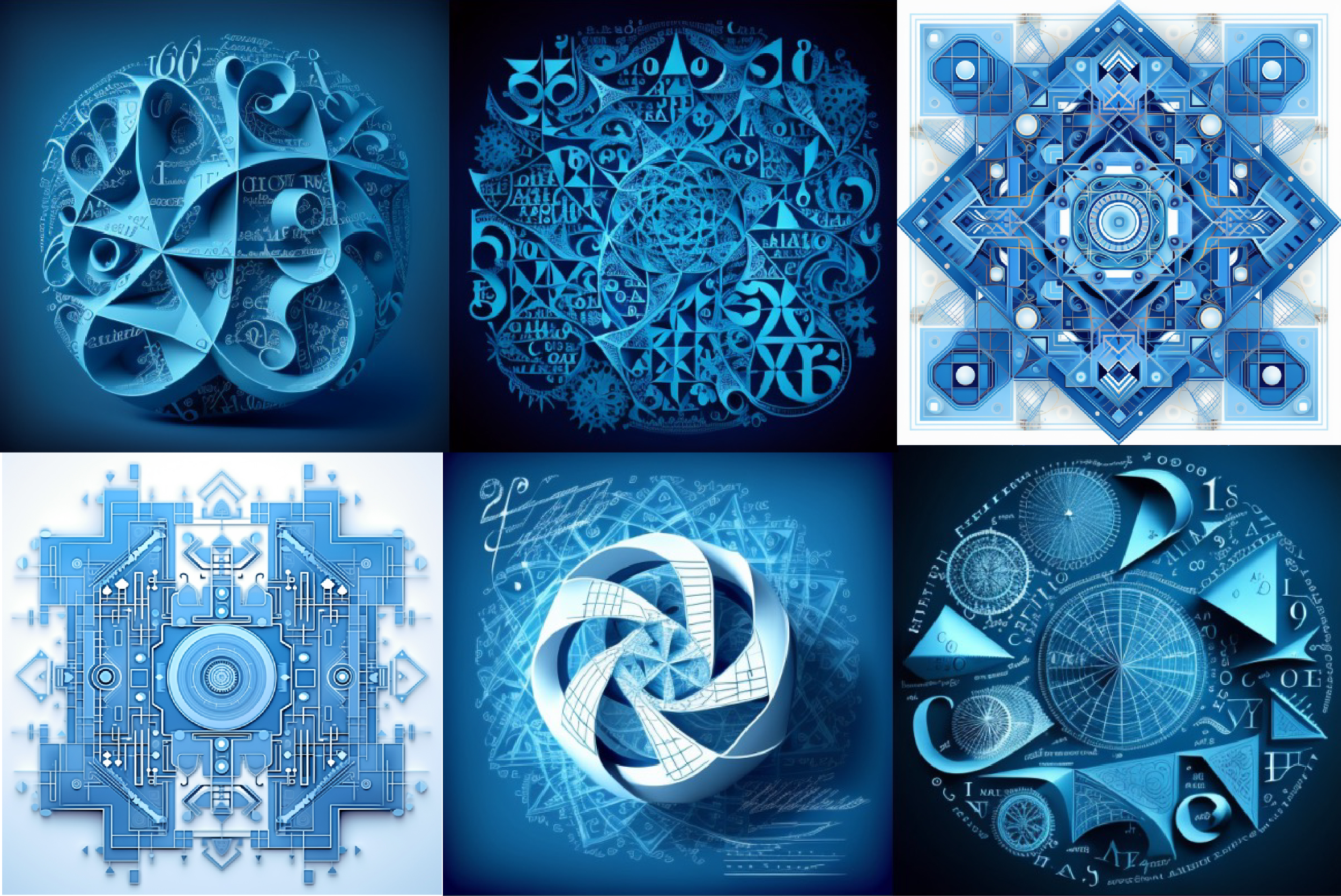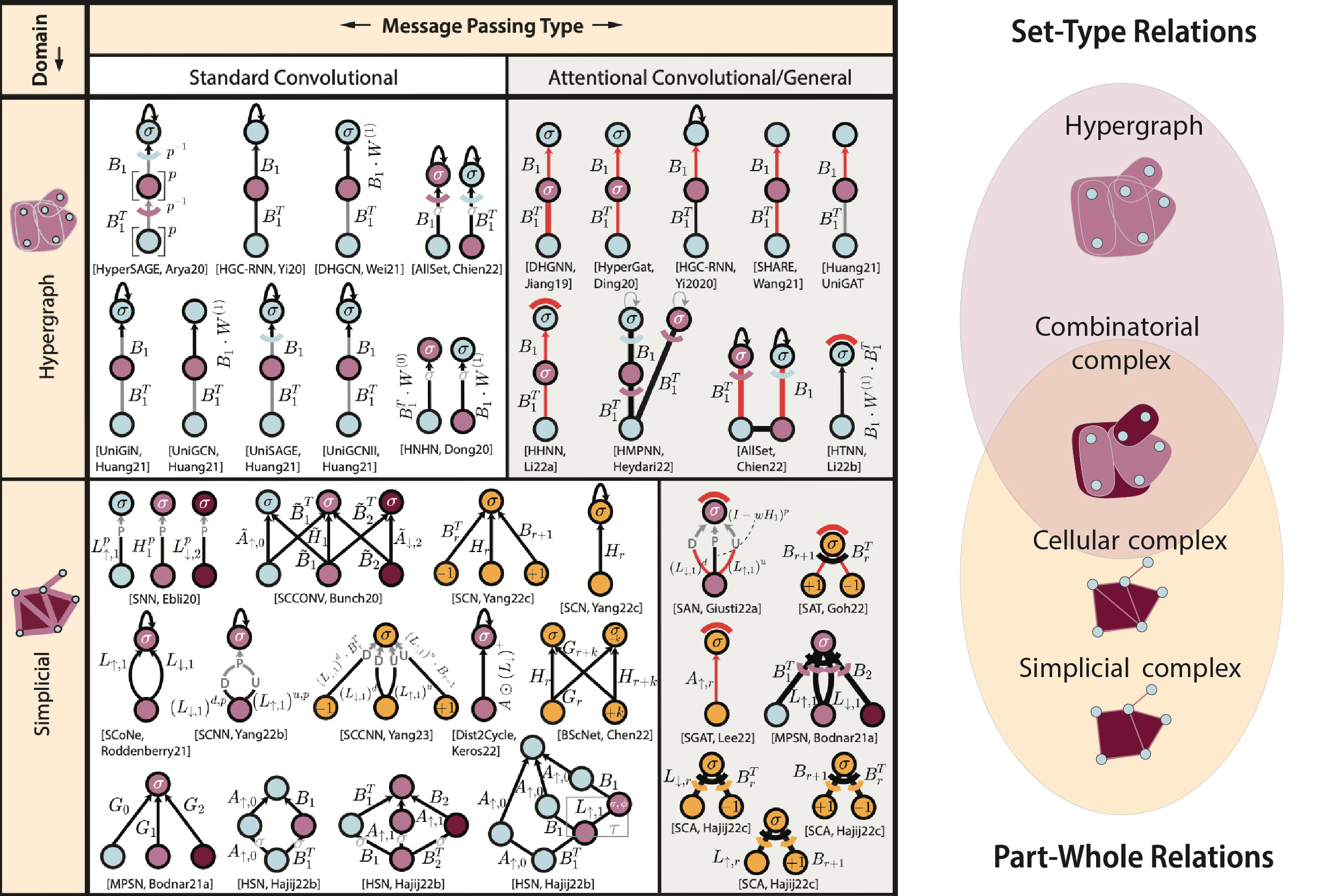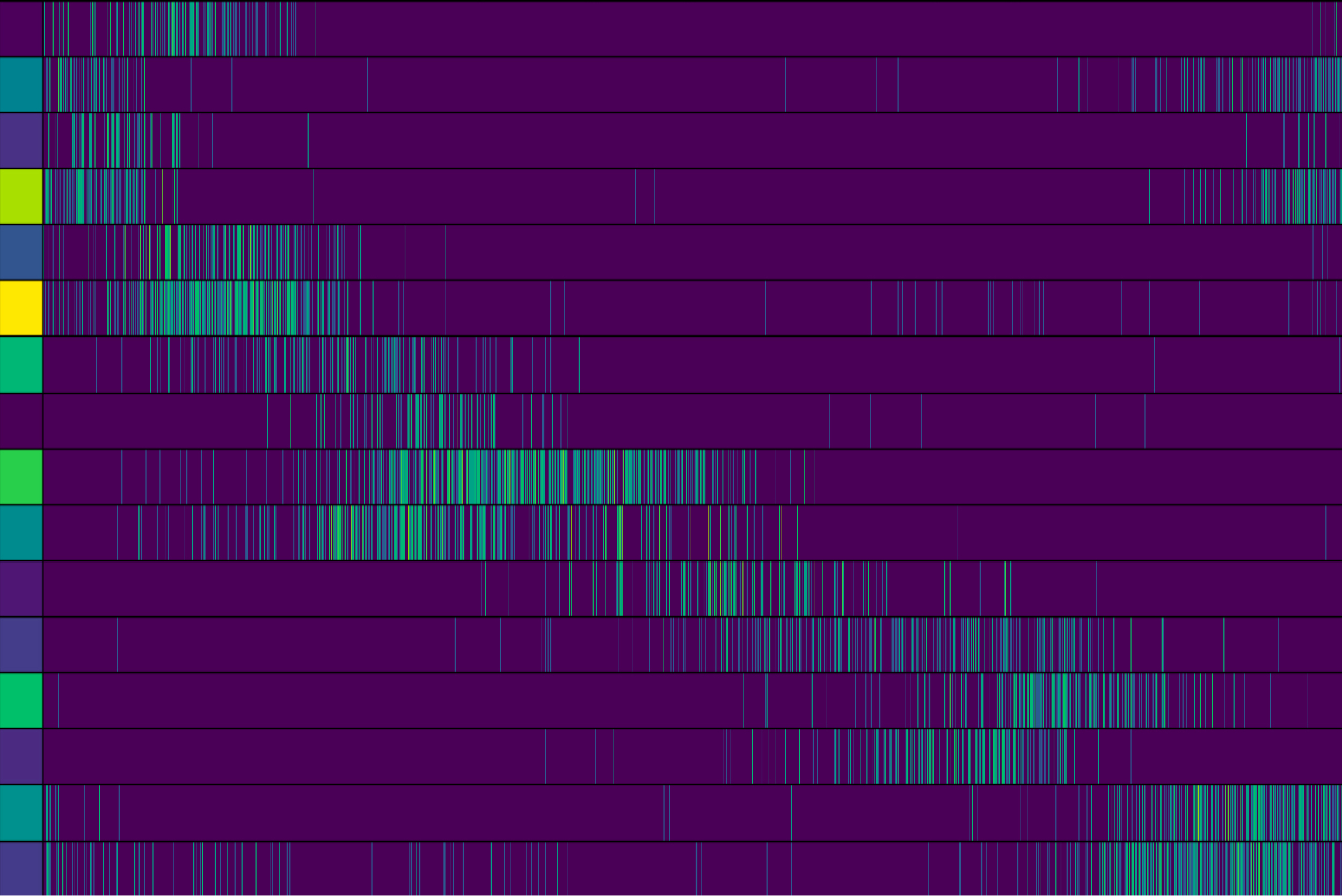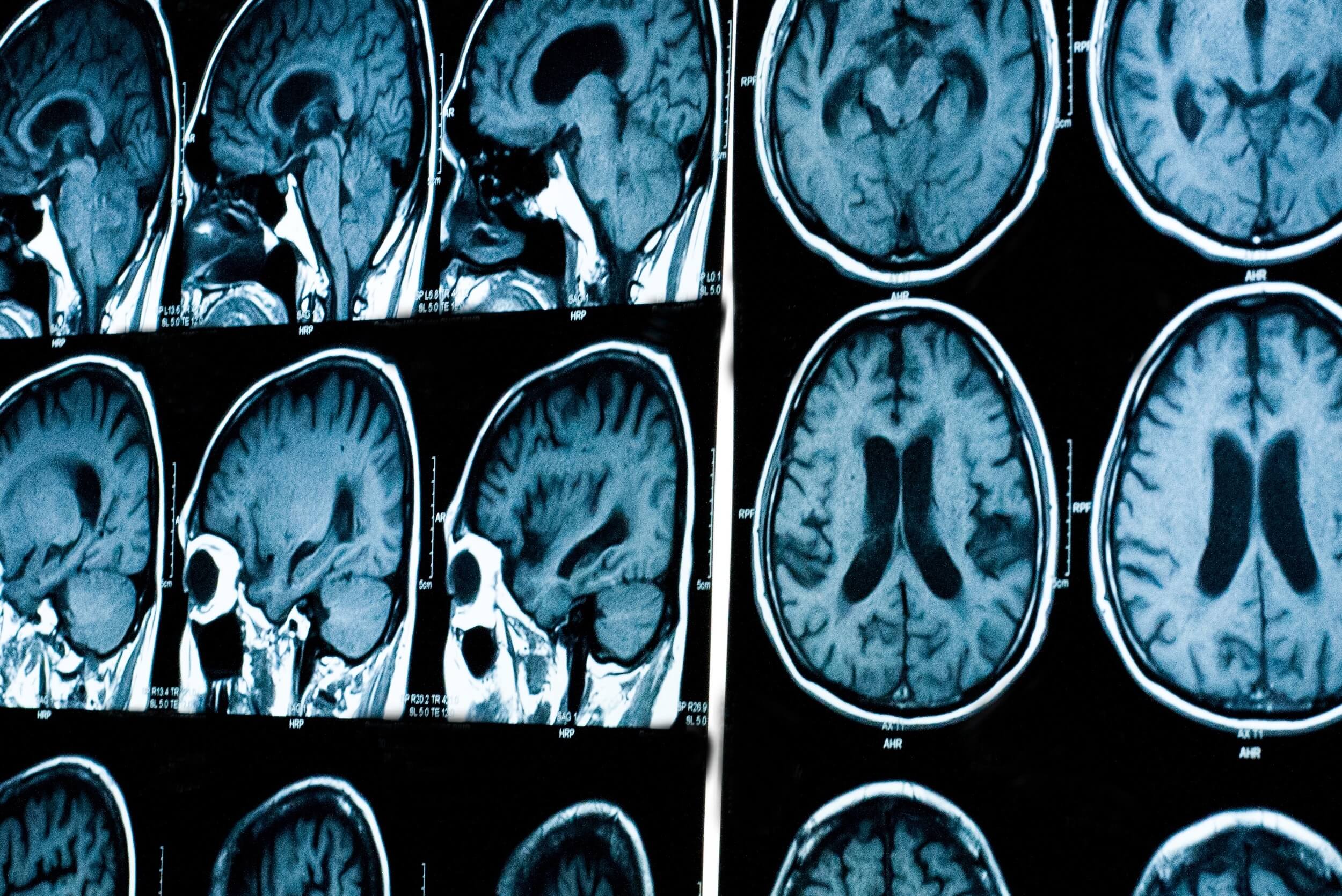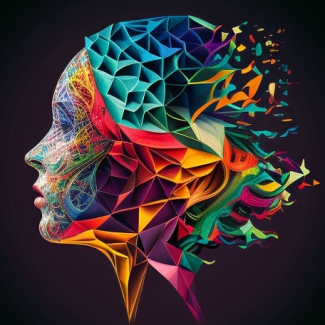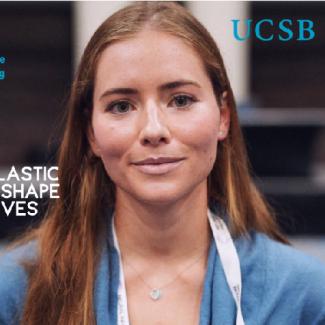We reveal the geometric signatures of natural and artificial intelligence.
We are physicists, neuroscientists, statisticians, mathematicians and computer scientists who develop methods to understand intelligence in human and artificial neural networks.
We use tools from geometry, topology, computer vision, machine learning and deep learning to reveal the structures of intelligence. Our findings inspire us to build next–generation intelligent systems: Geometric AI.
By creating geometric computational representations of human and artificial brains at different scales, we aim to transform theoretical, computational and clinical brain sciences. For the latter, we work with clinicians to advance medical knowledge and AI-assisted medical practice for brain sciences.
Geometric Intelligence Research
Geometry
The concepts of geometry and shapes are very intuitive to the human eye. How can we express and quantify geometries and shapes mathematically and in a computer? Learn more.
Artificial Intelligence
We research foundations of geometric deep learning and topological deep learning and ask: what is the geometry of a deep learning model? Can we build a geometric model of the (artificial) mind? Learn more.
Natural Intelligence
We explore the neural manifold hypothesis which postulates that the activity of (biological) neurons forms low-dimensional geometric subspaces -- the neural manifolds -- that reflect the structure of the outside world. Learn more.
Intelligence-Based Medicine
What are the geometric signatures of neurodegenerative diseases: what does a brain shape tell us about the progression of Alzheimer's disease? Why are women are twice at risk of Alzheimer's compared to men? Learn more.
Latest News
Adele Myers Gives an Eye-Opening Public Lecture in Santa Barbara!
50% of the world's population experiences menstrual cycles, pregnancy, and menopause. 85% of females aged 18-64 have used contraceptives. Yet, only a small fraction of research has been dedicated to understanding how these processes impact the female brain. This lack of attention to female health is surprising, especially considering the increased risk of neurological conditions such as Alzheimer's, migraines, and multiple sclerosis in women.
Read MoreAdele Myers Gives an Eye-Opening Public Lecture in Santa Barbara!Sophia Sanborn Receives the Prestigious PIMS-Simons Fellowship!
Sophia Sanborn, postdoctoral fellow in the Geometric Intelligence Lab, has been awarded the prestigious PIMS-Simons fellowship from the Pacific Institute for Mathematical Sciences and the Simons Foundation.
This fellowship recognizes her as an "outstanding young researcher in the mathematical sciences”!
Read MoreSophia Sanborn Receives the Prestigious PIMS-Simons Fellowship!Adele Myers is Interviewed by the Machine Learning Street Talks Podcast @ NeurIPS
Adele Myers, Ph.D. student in the Geometric Intelligence Lab, is featured in the renowned Machine Learning Street Talks Podcast Series at NeurIPS 2022 for her work: "Regression-Based Elastic Metric Learning on Shape Spaces of Elastic Curves" with Nina Miolane. Watch her interview here!
Read MoreAdele Myers is Interviewed by the Machine Learning Street Talks Podcast @ NeurIPS